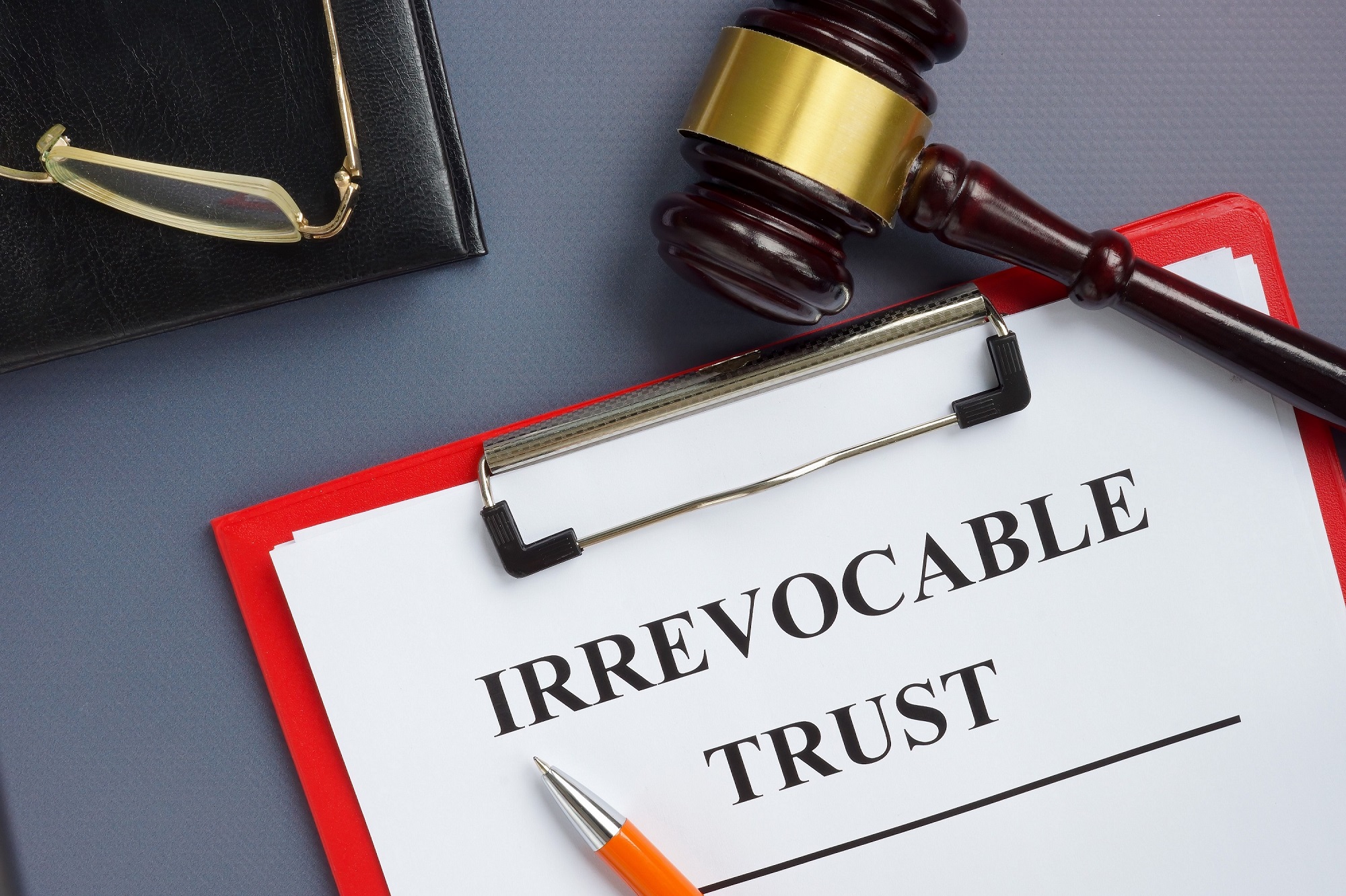When Is a Joint Account Not Really a Joint Account? When It’s for “Convenience Only.”

Prior blog posts (here and here) have addressed the limits of a Will by identifying numerous assets that pass not by Will upon death, but by some other means. For example, life insurance, retirement benefits, and annuities pass not according to the provisions of a Will, but based on the named beneficiaries in the applicable beneficiary designation. Likewise, assets, including bank accounts, titled as “joint-with right-of-survivorship” pass to the surviving joint owner or owners by operation of law.
Many people mistakenly use joint accounts as a substitute for a Power of Attorney, many times leading to confusion, anger and ultimately, litigation. As people age, they naturally can become concerned with designating one or more people to manage their affairs should they become unable to so. The vehicles for accomplishing that goal are typically either a Power of Attorney that grants one or more people that authority, a Trust (read prior blogs here and here) and or some combination of both. An Agent under a Power of Attorney and a Trustee of a trust have fiduciary obligations to the person who created the Power of Attorney (“the Principal”) and to the beneficiaries of a trust. Neither approach automatically grants the Agent or Trustee the right to inherit the property with which they have been entrusted.
What many people don’t realize is that adding someone as a joint owner of an account, even if the sole reason is to allow that person to manage the account and pay bills in the event of the orginal owner's disability, overrides the provisions of their Will. New Jersey law provides that the account passes to the surviving joint owner unless there is clear and convincing evidence of a different intention at the time the account was created. So, for example, Mom might have a Will that expressly provides equally for her two children, Son and Daughter, but she established a joint account with Son to ensure that he would have easy access to the account in the event Mom could not manage her affairs. In other words, the account was established as a joint account, but “for convenience purposes only.”
There are many instances in which all parties involved recognize that such an account was for convenience purposes only, and rather than having that account pass to the surviving joint owner, all agree, including most importantly the surviving joint owner, that the account should be part of the estate. But that is not always the case. In the absence of agreement, the beneficiaries of the Will, Daughter in the example above, have the heavy burden of showing, by “clear and convincing evidence” that Mom did not intend for the account to pass to Son. Alternatively, if she can establish that Son had a “confidential relationship” with Mom, the burden shifts to Son to prove that the establishment of the account was not the product of undue influence and that Mom understood the legal significance of the account, i.e. that it would pass to Son and not equally to Son and Daughter as set forth in her Will.
A “confidential relationship” is generally one in which someone relies or depends on another, usually due to weakness resulting from infirmity or old age. It usually exists in a parent-child context, but not always. There must be reliance, as is usually the case when a parent lives with a child and relies on him or her for some type of support.
The bottom line is that if you are a beneficiary of an estate and believe a joint account was intended to be part of the estate rather than the property of the surviving joint owner, you have recourse to claim that it is a “convenience only” account. And if you are considering creating joint accounts, think twice before doing so unless you fully intend for the balance of the account to pass to the surviving joint owner upon your death. A Power of Attorney or Trust is always a better alternative if the goal is purely asset management in the event of disability.
If you have any questions about this post or any other matters, please contact me at jjcostellojr@nmmlaw.com.




